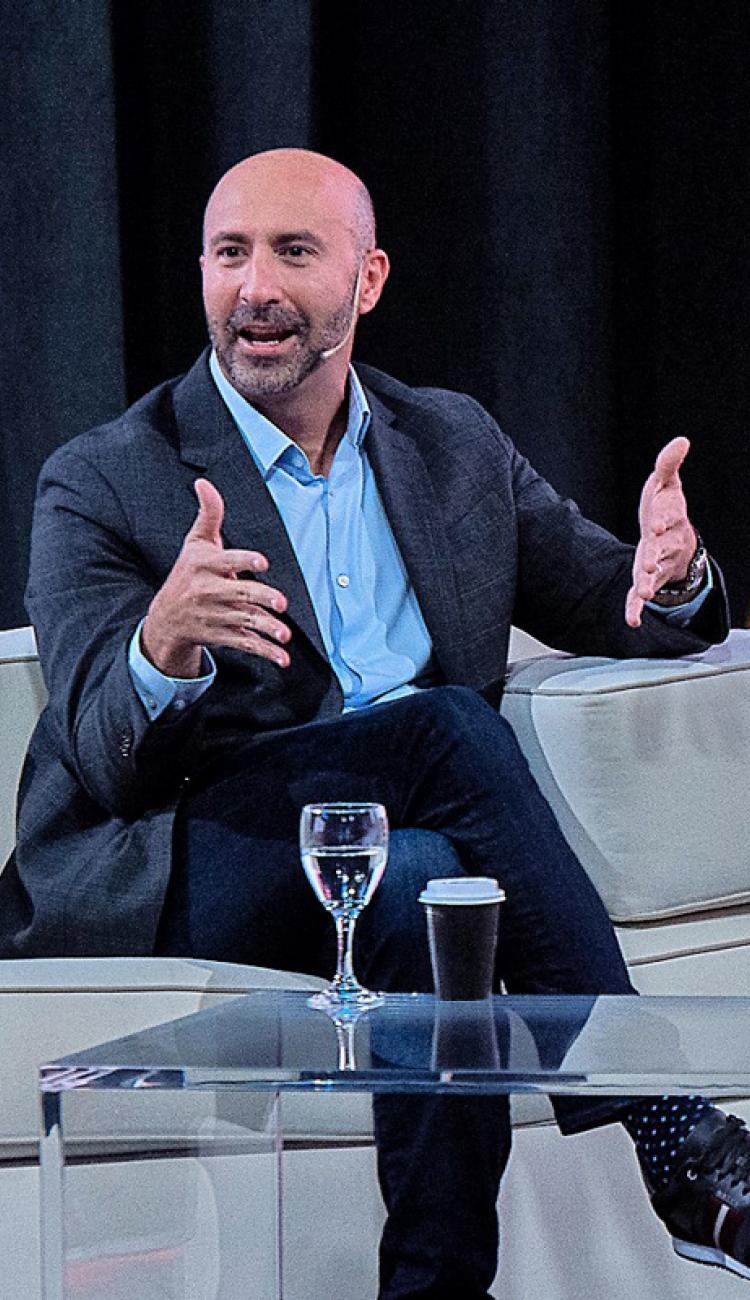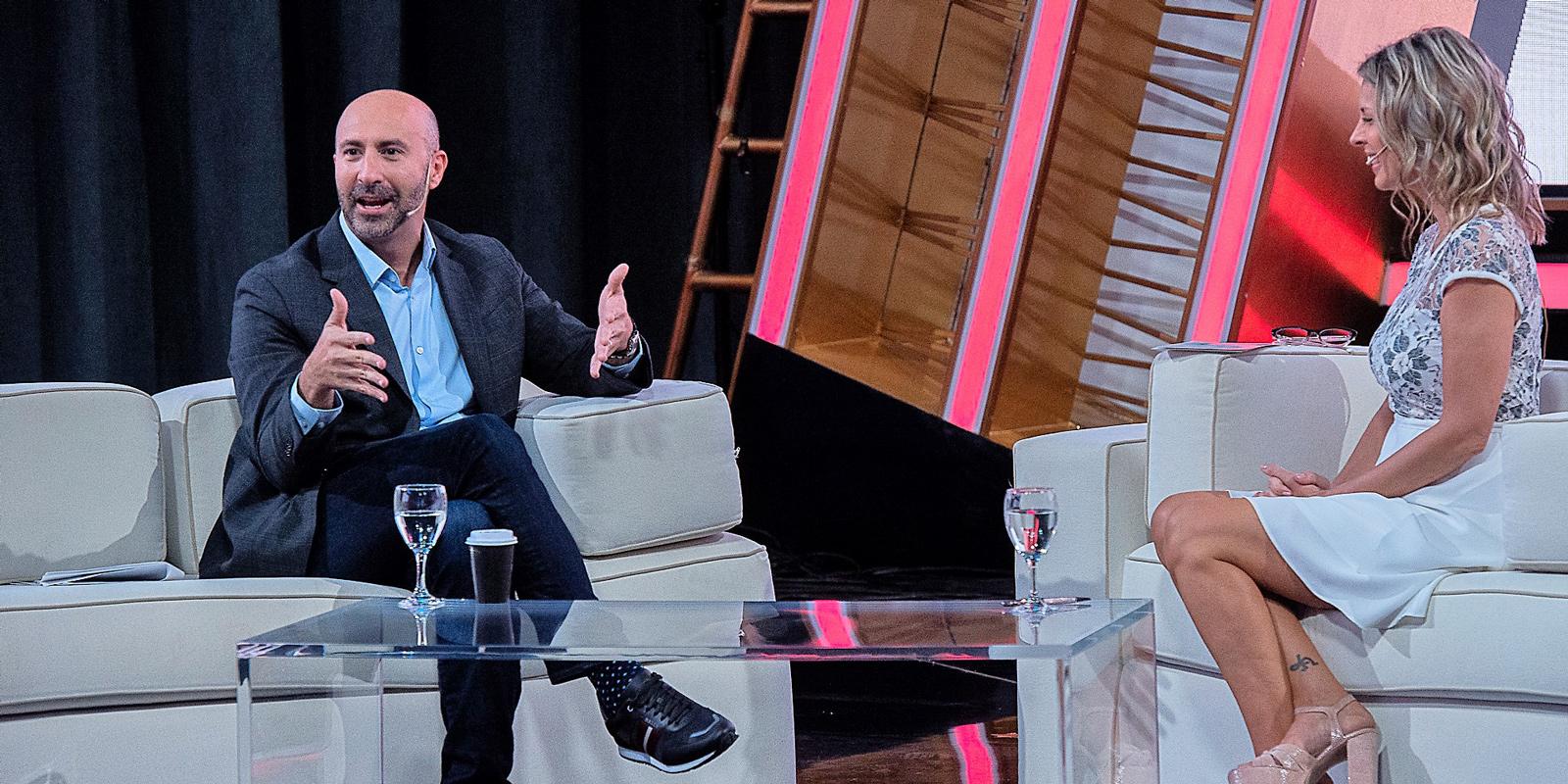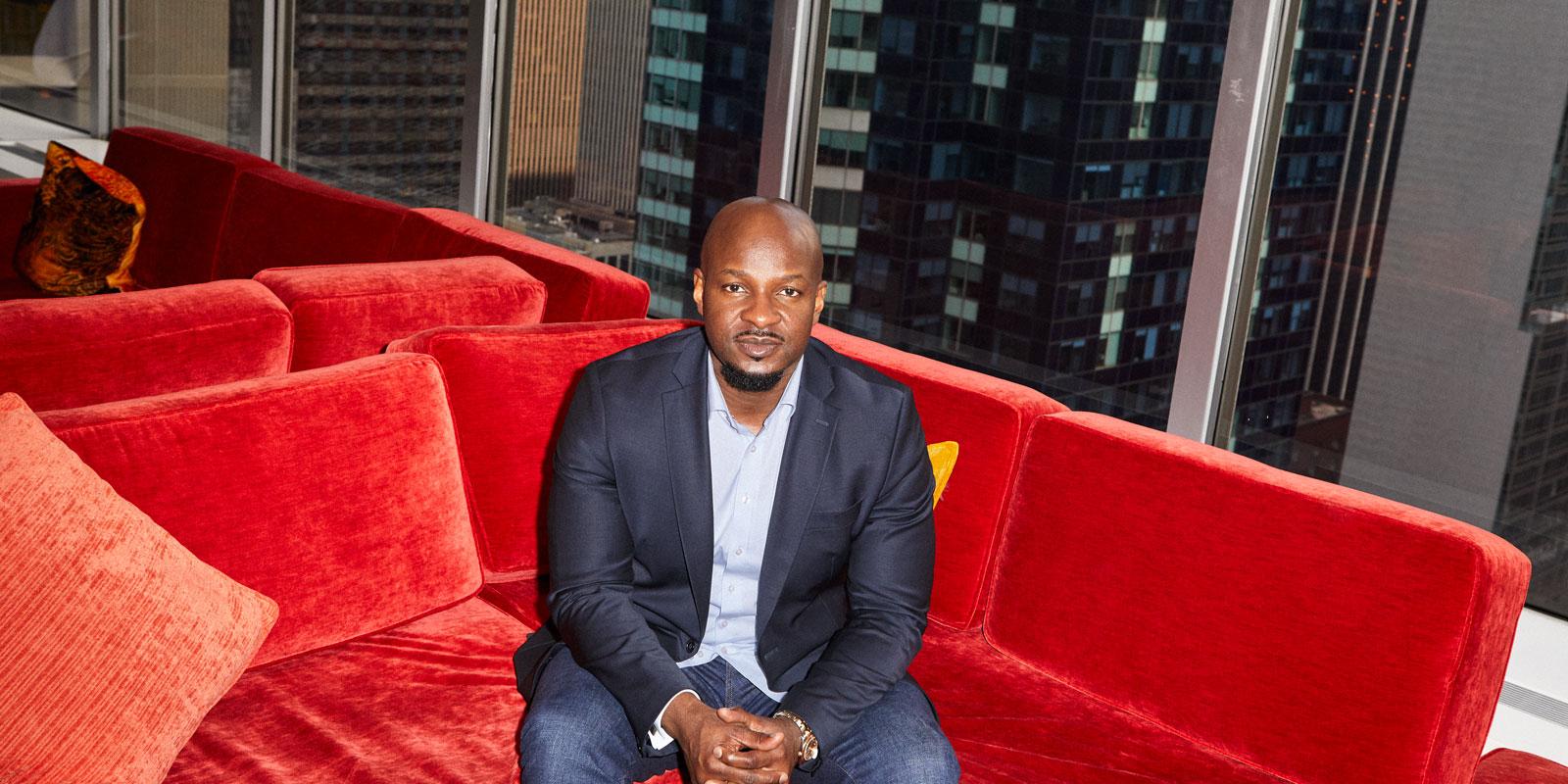Jan 17, 2020
The new president of ViacomCBS Networks Americas talks strategy and what it takes to make shows for worldwide audiences.
JC Acosta officially took the reins as president of ViacomCBS Networks Americas on Jan. 3. One of his first orders of business is to attend the National Association of Television Programming Executives (NATPE) conference, which starts Tuesday in Miami. His goal: Remind partners that ViacomCBS Networks Americas studio operations is the top global distributor of content formats (a rank it officially earned from UK-based media consultancy K7 Media).
A lot has changed since Acosta joined Viacom’s International Media Networks (VIMN) Americas team as CFO in 2007, as the streaming wars didn’t exist and viewers watched shows on TVs. Now, Latin American audiences frequently stream content on mobile devices. And thanks to Netflix and other streaming services opening the global floodgates, audiences worldwide are comfortable watching shows with subtitles.
Acosta and his boss Pierluigi Gazzolo viewed those changes as an opportunity. (Gazzolo was formerly the president of Viacom International Media Networks, and earlier this year transitioned to head of ViacomCBS’ international OTT and Studio business.) Under their leadership, Viacom built a studio business to meet global content needs. To bolster content offerings, it acquired Argentina’s free-to-air channel Telefe and purchased a majority stake in the Brazilian comedy channel Porta dos Fundos. Acosta encouraged co-productions to lessen VIMN’s financial burden and strategically windowed content to maximize profits. He and his team also looked for content with universal appeal so the formats could be licensed in markets around the world with native casts, languages, and production companies.
Acosta and I recently spoke about content trends, his goals at NATPE, and the advice offered by his mentor Gazzolo.
Tara Weiss: It’s a new year, a new decade and you have a new job. What are your top priorities?
JC Acosta: Right now we are focused on NATPE and maximizing our content pipeline from our studio business. We’re also focused on launching Pluto TV in Latin America soon. It’s the top U.S. ad-supported streaming service and we hope to bring it to Latin America shortly with a mix of movies, series, local channels, anime, and kids. We’re going with a broad channel offering so we give something to everyone. There's a big gap between paid TV distribution and penetration in Latin America and the mobile universe. One of our key priorities is to partner with mobile distributors.
We’re also focusing on how to push distribution and acquire subscribers on SVOD product Paramount +, our OTT service that launched last year. The product includes the amazing depth of ViacomCBS’s library as well as recently acquired The Office, The Handmaid’s Tale, and Killing Eve so it’s a robust premium offering. There’s a lot of excitement around how we will yield synergies with CBS and CBS All Access with this product.
TW: Can you talk about your team’s success in licensing shows from market to market via one format?
JA: The core of the studio is developing and creating universal content. Shows are being produced locally in Spanish and in Portuguese in Latin America and then our commercial team can syndicate it. We can license the format or our global studios can make it in other languages. We’re continuing to give life to that content across all of the distribution cycles. A show like A Hundred Days to Fall in Love, which was nominated for best telenovela at the International Emmy® Awards, aired originally in Argentina. We sold the format to Chile; it aired on Mega Chile. It sold the format to Telemundo, which is going to produce it for the U.S. Hispanic market. We also optioned the rights to Paramount Television Studios for the English-language version, which was picked up by SHOWTIME and is in development there.
TW: What was the aha moment when you realized certain shows can be exported globally?
JA: About five years ago we did Every Witch Way for Nickelodeon in the U.S., which was the English-language version of the show Grachi. Grachi was so successful, and we really didn't have any examples of taking our own IP and adapting it to an English-language show. We knew we had to do a model that breaks the mold.
From Grachi, we learned that if it's good content it travels globally. We sold the Grachi format to 50 countries. At that time nobody really wanted to take a chance with a Spanish-language IP. But it worked. At the end of the last decade, Nickelodeon U.S. did a survey that asked 'What was your favorite TV show of the last decade?' Every Witch Way was in the top four.
"If there's one thing that’s for sure, it’s that every model and every decision is different. It's a buyer's market… So, the great thing about being content creators is that you have the flexibility to create all of the different models that you want."
TW: Let’s talk about your windowing strategy. How do you decide what content stays and airs on ViacomCBS platforms and what is sold to third parties?
JA: If there's one thing that’s for sure, it’s that every model and every decision is different. There are so many variations of what we can do. We've done many different models in Latin America. In some, we kept the premiere window on our channels and gave the OTT partner the second window for a certain percentage of the investment or vice versa. Or, we give it to the OTT partner first and then five years later, the IP reverts back to us. So, the great thing about being content creators is that you have the flexibility to create all of the different models that you want.
TW: You're a finance guy. You got your start as a CPA at the accounting firm KPMG. How did you see that the numbers would work and that it would be worth it for Viacom to produce its own content for a global marketplace?
JA: We looked at how we could commercialize content across all avenues. So something like a kid’s telenovela, we have the opportunity for product integration, sponsorships, digital extensions, and syndication. With Club 57, we just did a live theater show in Argentina.
TW: In your previous role you did a lot of work promoting co-productions. Why is that an appealing business model?
JA: When I took over as executive in charge of production, I asked the team, ‘How do we get creative in the economics of our deals?’ This was five years ago when the first OTT platform launched in Latin America. When we did Talia in the Kitchen, it was the first time we did co-windowing co-production and that was the first step in saying, ‘Okay, every window has a value,’ so why don't we become creative in the proposals and the economics to say, ‘how do we capitalize on that?’
TW: Did Pierluigi offer any advice before handing over the reins?
JA: Pier always encouraged me to be more of a generalist, to provide strategic thinking across the organization and to be very clear and concise with my strategy and my expectations. Those are the words of wisdom I've always led by.
This interview has been edited and condensed for clarity.




